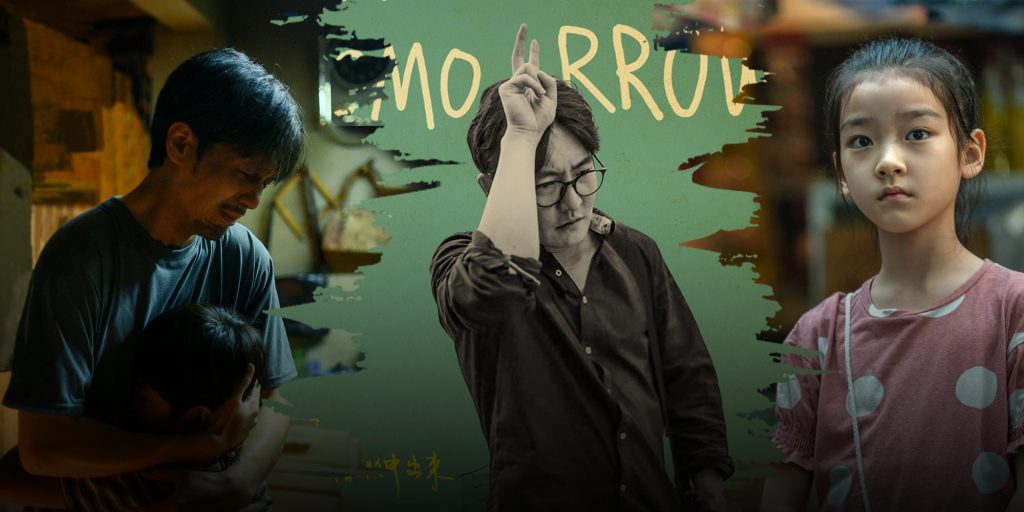After years of bloated, “water-injected” productions, a new generation of taut thrillers is revolutionizing Chinese television.
As anyone who’s made it through all 50-plus hours of hit Chinese dramas like “Story of Yanxi Palace” and “Serenade of Peaceful Joy” can attest, brevity is not among their many virtues. For years, China’s television industry has relentlessly churned out so-called water-injected TV: bloated productions bogged down with filler that eat up airtime and pull in binge-watchers. In 2019, there were an average of 42 episodes in Chinese dramas, dwarfing even their American competitors, to say nothing of the shorter European and Japanese TV seasons.
So it’s been a pleasant surprise that 2020 has featured so many stellar “miniseries” characterized by unusually fast-paced stories and tight plotting. Already, the 12-episode “If There Is No Tomorrow” and the 16-episode “A Murderous Affair in Horizon Tower” have rivalled longer, more traditional productions like the above-mentioned “Serenade” both in terms of ratings and critical reception. Even since June, streaming giant iQiyi’s “Mist Theater” anthology has scored two of the television industry’s biggest hits in years with 12-episode thrillers “The Bad Kids” and “The Long Night.”
Some analysts have hailed the success of these productions as evidence that “miniseries” are the future of China’s TV industry. China’s most successful provincial TV station, Hunan Television, has already announced that miniseries will be one of its focuses entering 2021. But length isn’t everything. According to Enlightenment, a big data service provider for the entertainment industry, the short dramas that reeled in audiences in the first half of 2020 were almost all thrillers. In other words, 2020 didn’t so much mark the rise of the miniseries as it did the rise of the suspense miniseries.
From a creative perspective, the suspense genre has always been well-suited to the miniseries format. Thrillers suck viewers in by building tension, and if the plot develops too slowly, the audience is likely to lose patience. A suspense drama that follows the current Chinese model of 40-odd episodes a season would require a frankly implausible amount of twists and tricks in order to keep viewers hooked. It is far easier to simply keep things short and sweet.
But if it’s so easy, why did nobody think of it before? China’s TV stations and streaming platforms generally purchase new dramas by the episode, and the past decade has seen producers deliberately try to inflate the number of episodes in a season to earn more money. The screenwriter Zhang Yuanang once publicly admitted that a series she worked on had been stretched from 36 episodes to 63 episodes at the behest of investors, resulting in what she called “some concerns about the structure of the story and the quality of the series.” Continue to read the full article here
– This article originally appeared on Sixth Tone.






